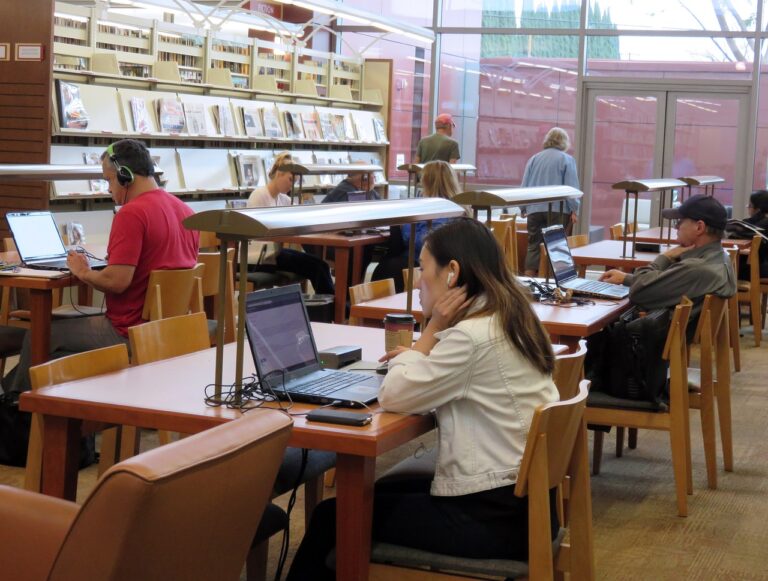Analyzing the Role of Community Colleges in Prison Education Programs
Education plays a crucial role in the rehabilitation of individuals within the prison system. Providing inmates with access to education helps them acquire new skills, knowledge, and perspectives that can positively impact their behavior and mindset. By engaging in educational programs, inmates have the opportunity to develop critical thinking skills, improve their communication abilities, and enhance their self-esteem, which are essential elements for successful reintegration into society upon release.
Moreover, education in prisons not only empowers individuals to make positive changes in their lives but also contributes to a safer and more productive prison environment. Inmates who participate in educational activities are more likely to demonstrate improved discipline, reduced violence, and increased motivation to pursue personal growth. Education fosters a sense of purpose and hope among incarcerated individuals, serving as a catalyst for transforming their lives and reducing recidivism rates in the long term.
Challenges Faced by Inmates in Accessing Higher Education
Accessing higher education while incarcerated presents significant obstacles for inmates striving to better themselves academically. One primary challenge is the limited availability of educational resources within correctional facilities. Many prisons lack adequate funding or partnerships with educational institutions, limiting the accessibility of degree programs for inmates. As a result, inmates may struggle to enroll in courses or obtain educational materials necessary for their studies.
Moreover, navigating the bureaucratic hurdles to participate in higher education programs can be overwhelming for incarcerated individuals. From stringent eligibility requirements to complicated application processes, inmates often face red tape that hinders their ability to pursue educational opportunities. These administrative barriers can discourage inmates from seeking higher education and impede their efforts to obtain valuable skills and knowledge that can facilitate their rehabilitation and successful reentry into society.
Benefits of Community College Programs in Prisons
Community college programs in prisons offer incarcerated individuals a valuable opportunity to pursue education and personal growth. By providing access to academic courses, vocational training, and skill development programs, these initiatives help inmates acquire new knowledge and develop essential skills that can increase their chances of successful reintegration into society upon release. The structured learning environment within prison walls not only fosters a sense of discipline but also instills a sense of purpose and hope for a brighter future.
Moreover, the community college programs in prisons have been shown to significantly reduce recidivism rates. When inmates engage in education and skill-building activities, they are more likely to develop a sense of self-worth and confidence, leading to positive behavioral changes and a decreased likelihood of returning to criminal activities. Studies have consistently demonstrated the positive impact of education in prisons, highlighting how investing in the intellectual and personal development of incarcerated individuals can contribute to safer communities and a more rehabilitative justice system.





